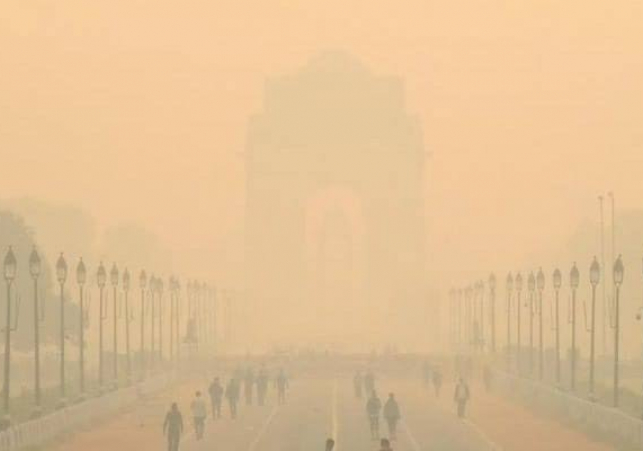

Since the introduction of a national initiative to address the issue, India's efforts to improve its harmful air quality have failed, with the number of smog-plagued cities increasing.
According to a research by the Centre for Research on Energy and Clean Air, there are currently 132 cities with pollution levels below national requirements, up from 102 when the National Clean Air Programme began in 2019.
More than 90% of India's population lives in locations where air quality does not fit into WHO guidelines, with coal-fired power stations, industry, and automobiles among the top polluters. During the winter, due to farmers' burning of agricultural stubble, the situation worsens, blanketing northern cities, including the capital New Delhi, in stifling pollution.
In the report, authors Shivansh Ghildiyal and Sunil Dahiya recommend that India's government "begin acting on a war-like scale" in order to meet pollution reduction targets. "Strong initiatives across sectors should be taken to reduce emission loads."
Slow progress in combating pollution risks increasing the number of people who die prematurely — an estimated 1.67 million people died in 2019 as a result of India's polluted air — and putting further strain on the country's economy due to greater health-care costs and lost productivity. The country's image as a commercial destination is also harmed by poor air quality, which may hinder investment.
Because pollution sources change from city to city, it's critical to expedite research into air quality in various locations, according to Dahiya. "Knowing how much each source contributes to the problem might lead to more efficient use of time and money," he said.